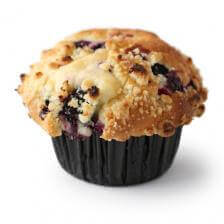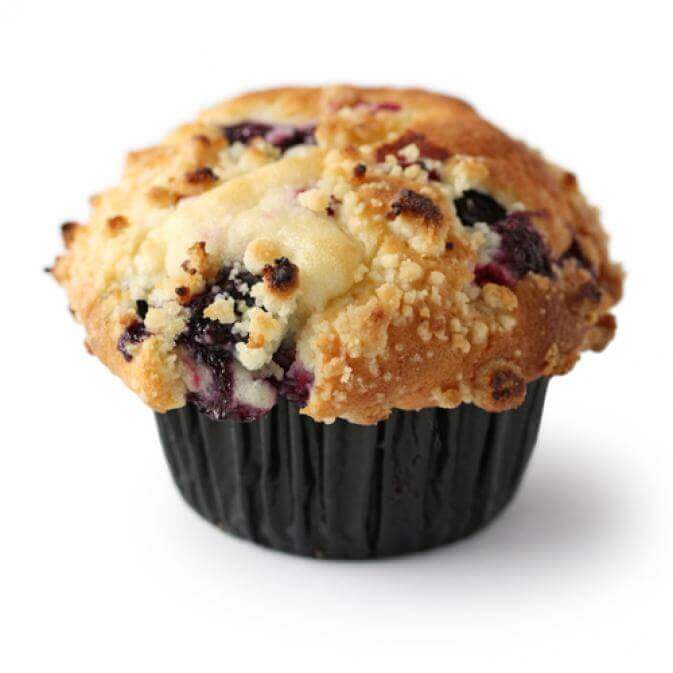McDonald’s v. Whole Foods: Whose Pastries are Healthier?
If a fast food chain makes a fat-filled, yet whole grain treat with no preservatives, is it worse than a similar pastry from a “health-conscious” store? Nutrition Diva tackles the health halo
Monica Reinagel, MS, LD/N, CNS

by Monica Reinagel, M.S., L.D./N.
There was much tut-tutting from nutrition bloggers this week over McDonald’s new pastry menu, which includes muffins, scones, danish, and banana bread.
Reviews of McD’s new pastries–made with real butter, sour cream, fruit, and some whole grains and without preservatives or artificial flavorings–have been mixed. But the high calorie, fat, and/or sugar content of the pastries has caused some consternation.
“McDonald’s attempts bakery Items and ends up with a 420-calorie scone,” tweeted one of my colleagues. As if only a fast-food chain could be reckless enough to produce a high calorie dessert!

But later that day, I found myself in the bakery section of a Whole Foods grocery store, where I picked out a very healthy-looking (and delicious) muffin, made with organic whole grains, shredded carrots, coconut, pineapple, and walnuts. But all that virtue didn’t cancel out the fact that it was also loaded with fat, sugar, and calories. (In fact, I bet it handily topped all of McDonald’s new pastries in that department.)
Bashing fast-food restaurants has become a knee-jerk response for a lot of us. Let’s not be lulled into thinking that treats that come from “virtuous” stores aren’t just as indulgent.
See also: Beware the Health Halo
Blueberry muffin image from Shutterstock.

